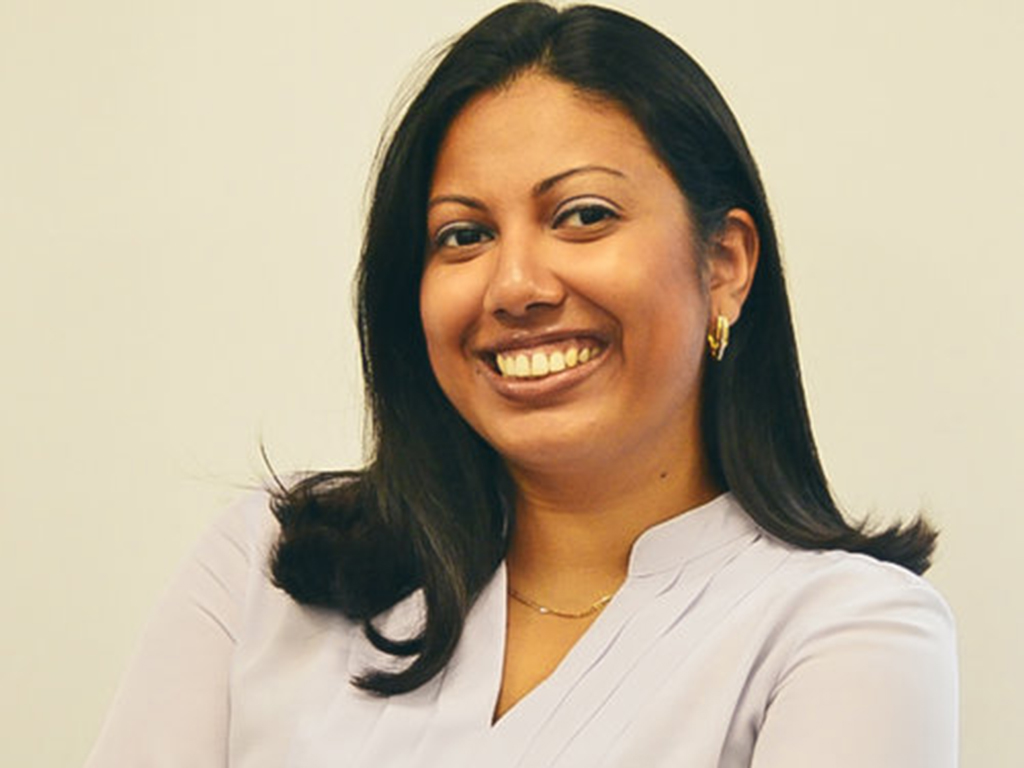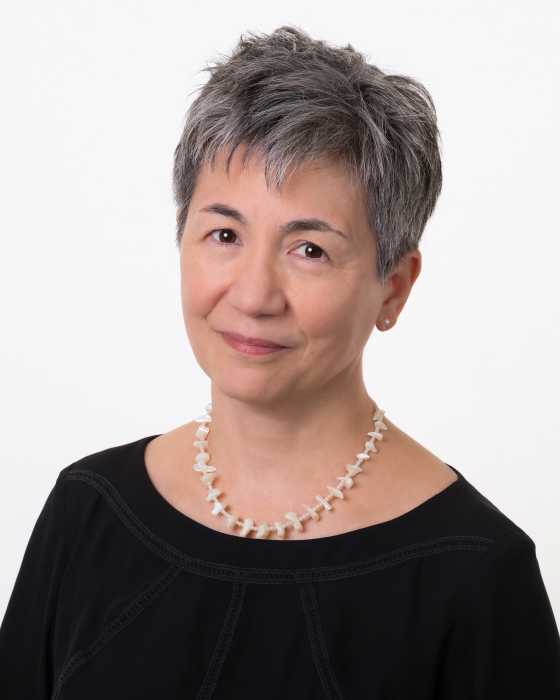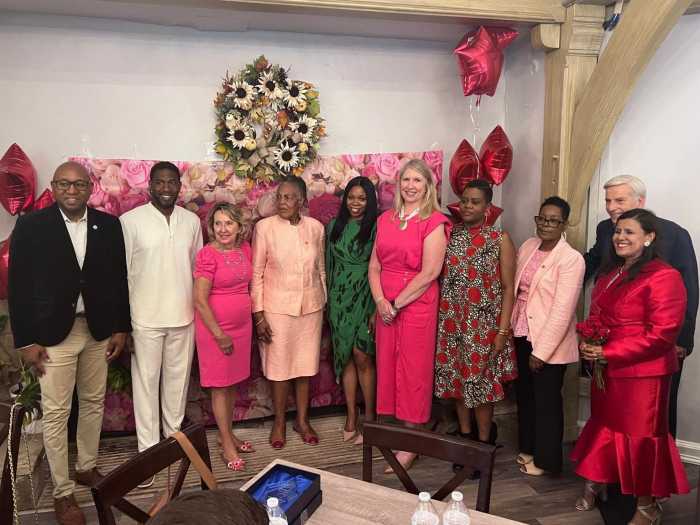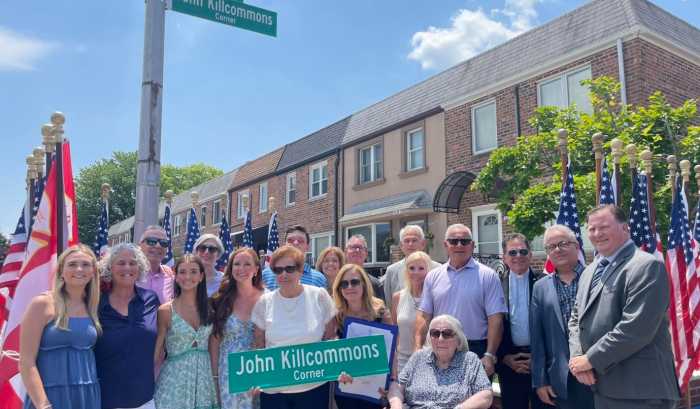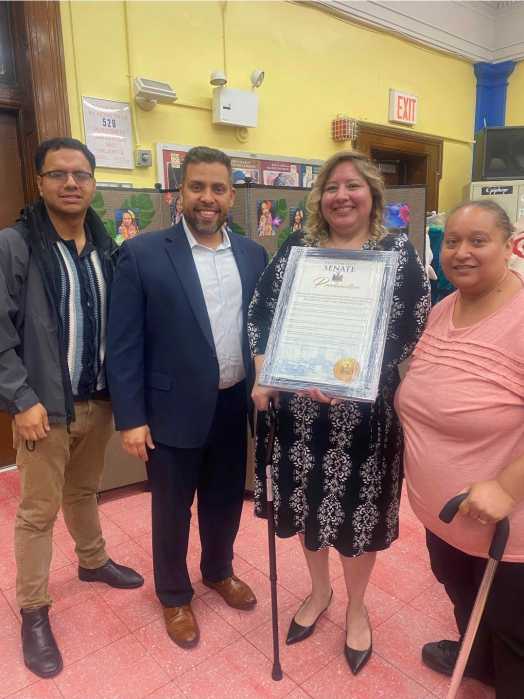An Astoria community leader has been named one of New York’s Hunger Heroes for her work in combating food insecurity in western Queens during the height of the COVID-19 pandemic.
No Kid Hungry, an advocacy group working to eliminate childhood hunger and poverty in the United States, chose Anju Rupchandani, the executive director of Zone 126, for establishing a food distribution program that included Astoria public housing as well as students and families across western Queens.
”It is a true honor to be named as a Hunger Hero because of my own challenges growing up,” Rupchandani said. “Everyone in my inner circle knows that I am the social butterfly of the group, but outside of the safe circle I am very shy and introverted. I do not like the attention on me. I love celebrating others, but I am humbled to be recognized because it allows me to amplify the voices of so many others in our community that might not have the platform that I have.”
Zone 126 appointed the lifelong Astorian as its new leader in June 2020 to support families at Long Island City High School, P.S. 126 and P.S. 171. Rupchandani, who is of Caribbean, Latinx and Asian descent, was raised in Astoria and attended school District 30 public schools, including William Cullen Bryant High School in Long Island City.
“Growing up, I knew my family was struggling and not achieving the American Dream of the white picket fence home. Money was always tight. We were often behind on the rent. We struggled to pay the bills, and we had our own food challenges,” Rupchandani said. “I was determined that when I got older things would change. I was moved by a special I saw during Thanksgiving of 2011 about how many families were struggling with food insecurity, and realized that was some of the challenges I had growing up but somehow could not articulate still as an adult. I knew then that I wanted to establish a school-based food pantry but the logistics of these things, especially in schools, can be challenging.”
Since 2011, Zone 126 has operated in concentrated pockets of poverty in the ZIP codes 11101, 11102 and 11106. The organization, a sponsored project of the Fund for the City of New York, brings together community organizations, public agencies and private supporters to provide vital programs for academic support, enrichment, health, nutrition, parent education and youth development.
“When COVID hit, I knew immediately we had to move in to support our families in public housing as well as at our schools,” Rupchandani said. “We knew we had to keep families home so what we did was we hit the road and started home delivery of non-perishable food bags to our families, hearing them from a distance as to what they needed and then taking that information and tailoring additional relief efforts.”
As the pandemic started to wane and people began to venture out of their homes, Rupchandani shifted the effort to include school yards where families could pick up fresh fruits and vegetables. She told families that the organization would continue their food pantry efforts as long as children were living below the poverty line.
“Abraham Maslow’s theory of the hierarchy of needs puts an individual’s physiological needs at the base of the pyramid. If those basic needs of food, water, warmth, rest are not achieved, then an individual cannot move further up the pyramid,” Rupchandani explained. “Our children living below the poverty line or even at the poverty line are coming to school with so much more than English and math homework in their backpacks; they are coming to school with challenges that include food insecurity. We cannot expect for a child to be engaged in academics if we cannot help fulfill their basic need that includes food.”

